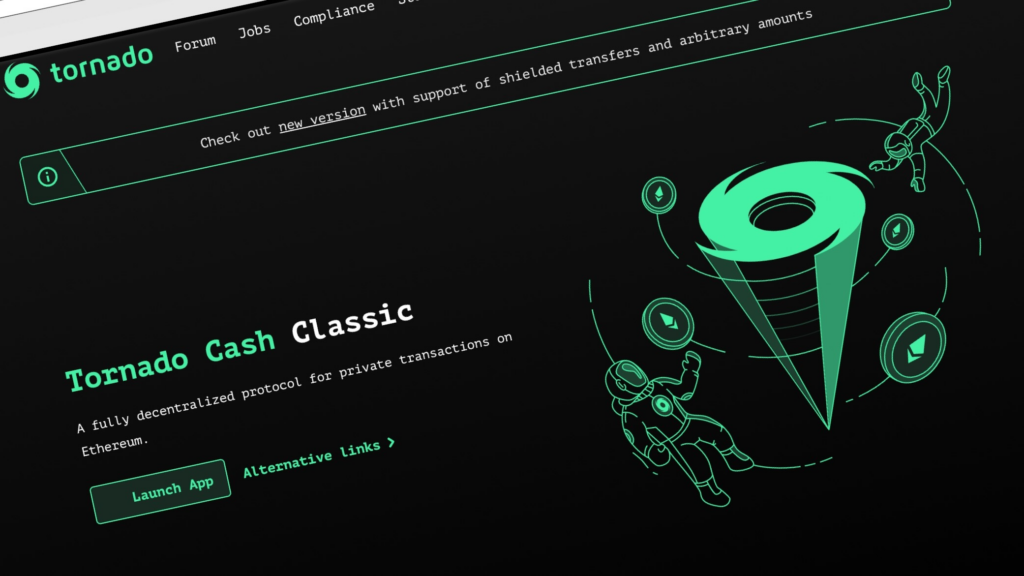Key Points:
- Tornado Cash developer Alexey Pertsev faces trial in the Netherlands in March 2024 for alleged money laundering.
- US prosecutors have charged co-founders Roman Storm and Roman Semenov with laundering over $1 billion through Tornado Cash.
- Tornado Cash, once a privacy tool, faced US sanctions for funding North Korea, sparking debates on the future of such tools.
In a recent development, the local court has confirmed that Alexey Pertsev, the developer behind Tornado Cash, will go on trial in the Netherlands on March 26 and 27 next year.

According to DL News, Pertsev, a Russian national residing in the Netherlands, is set to return to the courtroom in the Dutch city of ‘s-Hertogenbosch for his fourth pre-trial hearing.
Pertsev had been detained for nine months following his arrest in August 2022, just two days after the US Treasury sanctioned Tornado Cash, alleging that the privacy protocol facilitated money laundering, including by a North Korean cybercrime group. His arrest was executed on the orders of the Dutch financial crime authority, the Fiscal Information and Investigation Service (FIOD).
In April, Pertsev was released under house arrest, and in May, he was conditionally released under the stipulation that he remain in the country and wear a GPS monitor.
Meanwhile, US prosecutors also charged two Tornado Cash co-founders, Roman Storm and Roman Semenov, with allegations that the protocol they helped develop laundered over $1 billion worth of illicit funds. Storm had already been arrested by the US Department of Justice (DOJ).
For Pertsev, the upcoming hearing will determine whether prosecutors and the defense have the necessary evidence for the trial, with Pertsev and his lawyer having the opportunity to request further investigation to support their case.
Initially conceived as a privacy tool, Tornado Cash was used for money laundering before being blacklisted by the US government. The service was sanctioned by the US Treasury Department’s Office of Foreign Assets Control (OFAC), which accused it of raising funds for the North Korean regime.
DISCLAIMER: The information on this website is provided as general market commentary and does not constitute investment advice. We encourage you to do your own research before investing.






















